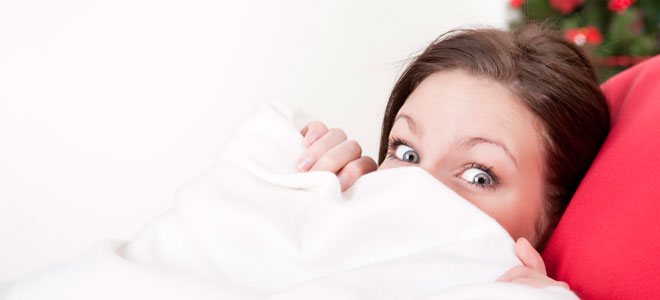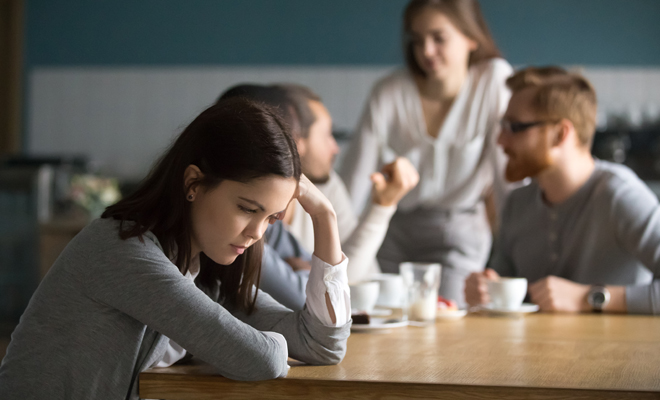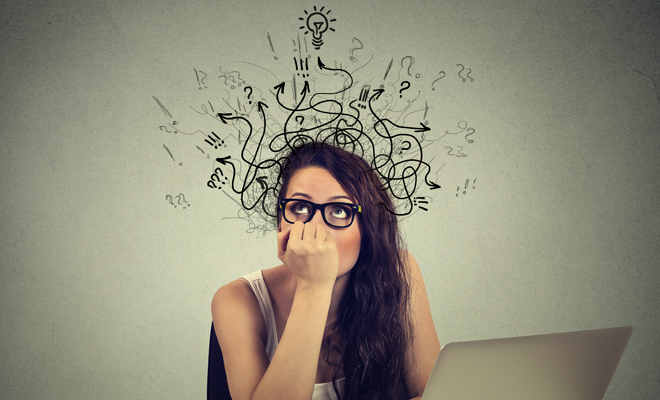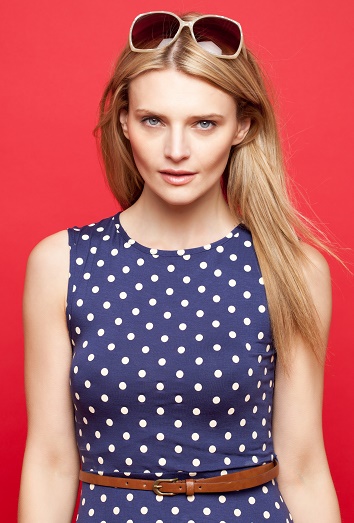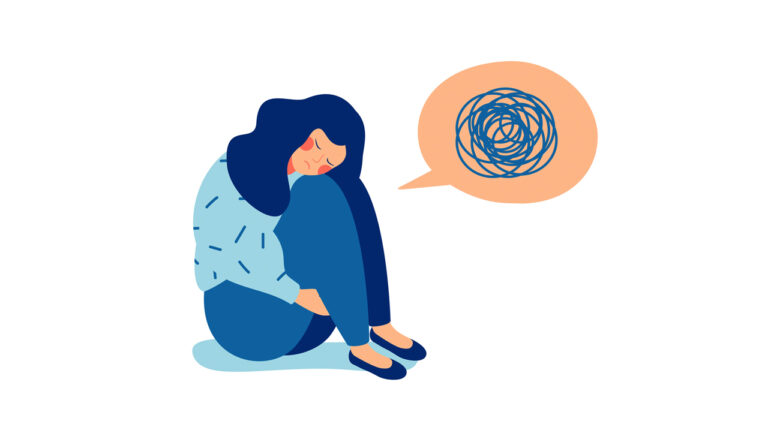Urban legends do not exactly help to separate that marriage so well matched between alcohol and anxiety. If anxiety disorders are characterized by a high level of vital concern, there is alcohol, like a knight-errant on the back of his white steed to rescue us by making us forget sorrows, sadness, worries and nerves.

And although in the first moments alcohol seems to calm the nerves, lift our spirits and restore our illusion, it soon becomes another enemy to fight, in case we did not have enough with anxiety. And it is that alcohol abuse, over time, will make what was initially a period of restlessness, become an anxiety disorder.
The relationship between alcohol and anxiety
Alcohol and anxiety walk together in two opposite directions, just as in the case of depression. frequent is the case of a person who does not know how to handle her anxiety and takes refuge in alcohol, as that of that other person whose dependence on alcohol leads him to suffer from an anxiety disorder. Cause or effect, motive or consequence, the chicken or the egg.
It matters little what the nature of this union is because when alcohol and anxiety come together, the destruction is almost unstoppable. Of course there are treatments, both to overcome anxiety and to overcome addiction to alcohol, but to seek treatment; you must first recognize that you have a problem. And that does not usually happen until the degradation of almost all areas of life is more than evident. Because what alcohol knows how to do best is not to forget, but to avoid, to avoid.
Debunking myths about alcohol
The truth is that alcohol does not help calm the nerves; much less can it be considered a remedy for anxiety. The same thing happens with tobacco, which many people resort to in times of greatest stress. The effects of alcohol may seem relaxing, but in reality they are more depressing than anything else. This perception of reality caused by alcohol does not help much either, since, when faced with an anxiety disorder, what we most need is a dose of logical and rational thinking.
We can observe these counterproductive effects of alcohol on our emotional state if we use one of the types of anxiety that most accompany alcohol problems as an example. A person with social phobia fears interacting in public, so they have a couple of drinks before going to an event in the hope that the euphoric feeling produced by alcohol will help them cope with their fear and nerves. Indeed, those glasses of alcohol have given him the strength to attend but once there, either he continues to consume alcohol with the risks of public exposure that this entails, or after a few minutes he will feel even more helpless in that situation that terrified him.
And it is that alcohol does not help anxiety at all, if anything worsens the symptoms. So the best thing we can do when we are suffering from an anxiety disorder is to keep alcohol as far away as possible. The intention is not to become teeming people, but balanced people and, until we achieve that balance, we don’t want anything around us that weakens us emotionally.

